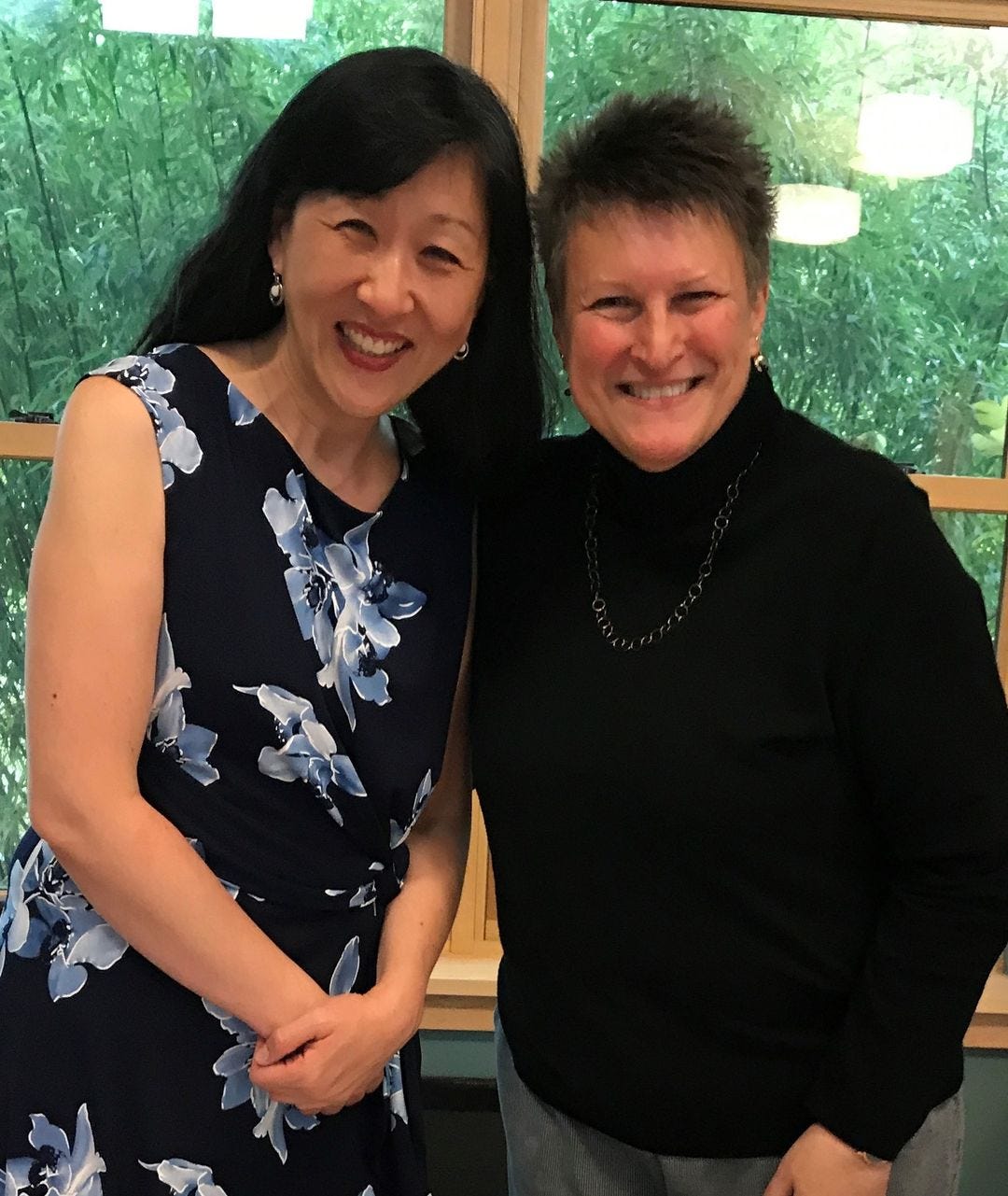Love, Friendship, and Scholarship
I love to share guest posts on my substack. This new piece, “Love, Friendship, and Scholarship” comes from Dr. Susan M. Shaw who is professor at Oregon State University and co-author of Intersectional Theology.
In 1983 Maria Lugones and Elizabeth Spelman called for friendship “as the only appropriate and understandable motive” for white feminists to enga…
Keep reading with a 7-day free trial
Subscribe to Loving Life to keep reading this post and get 7 days of free access to the full post archives.




